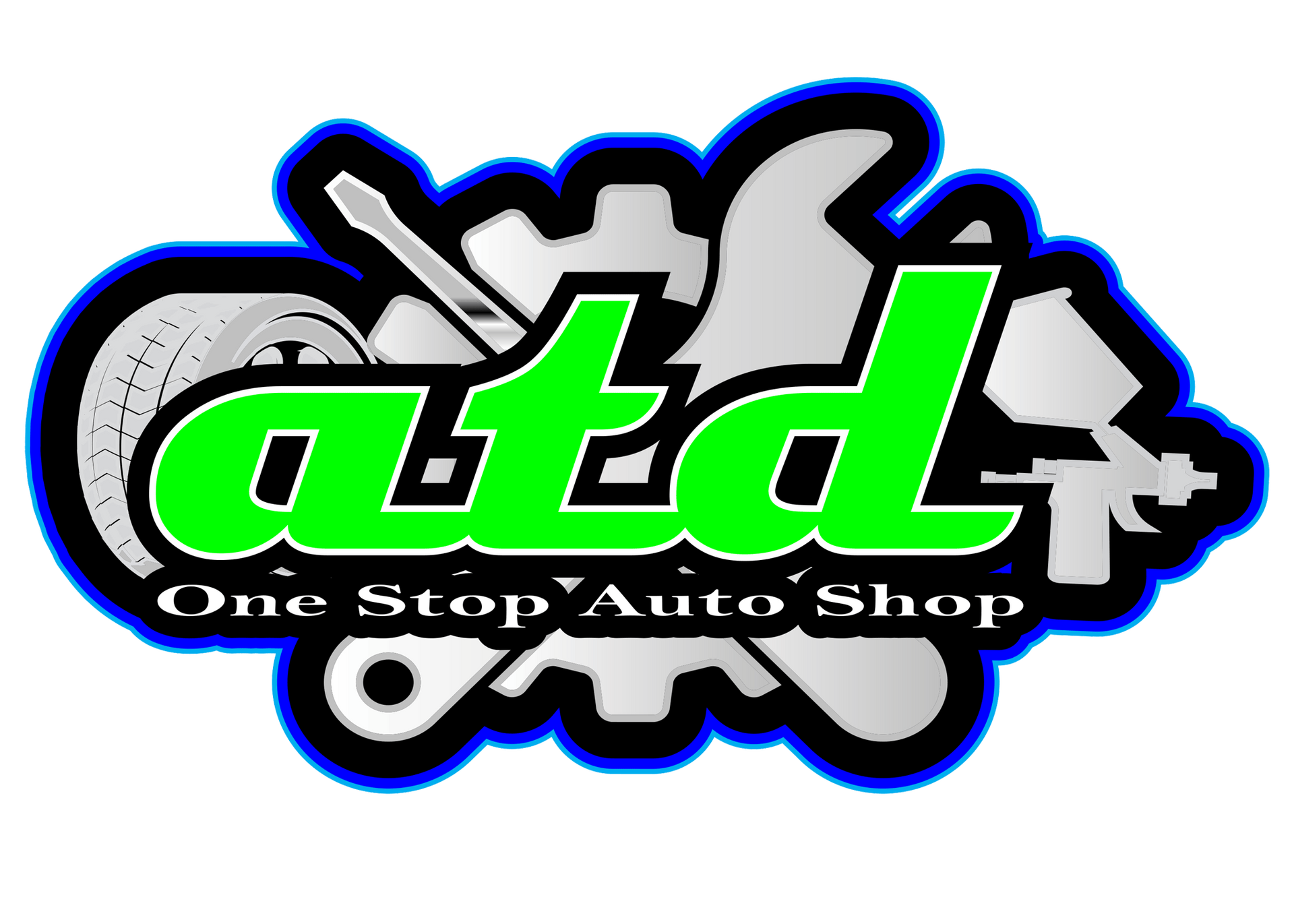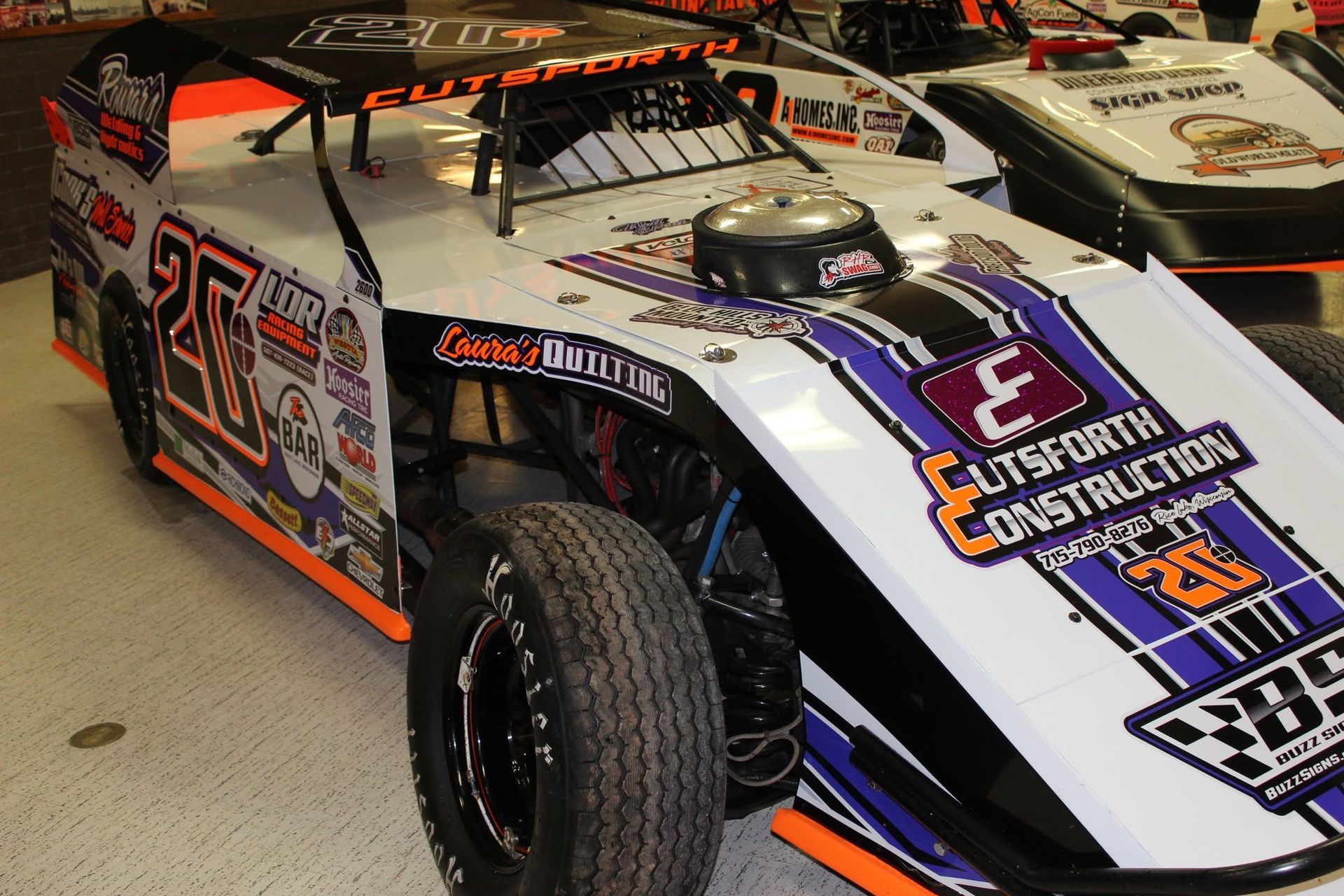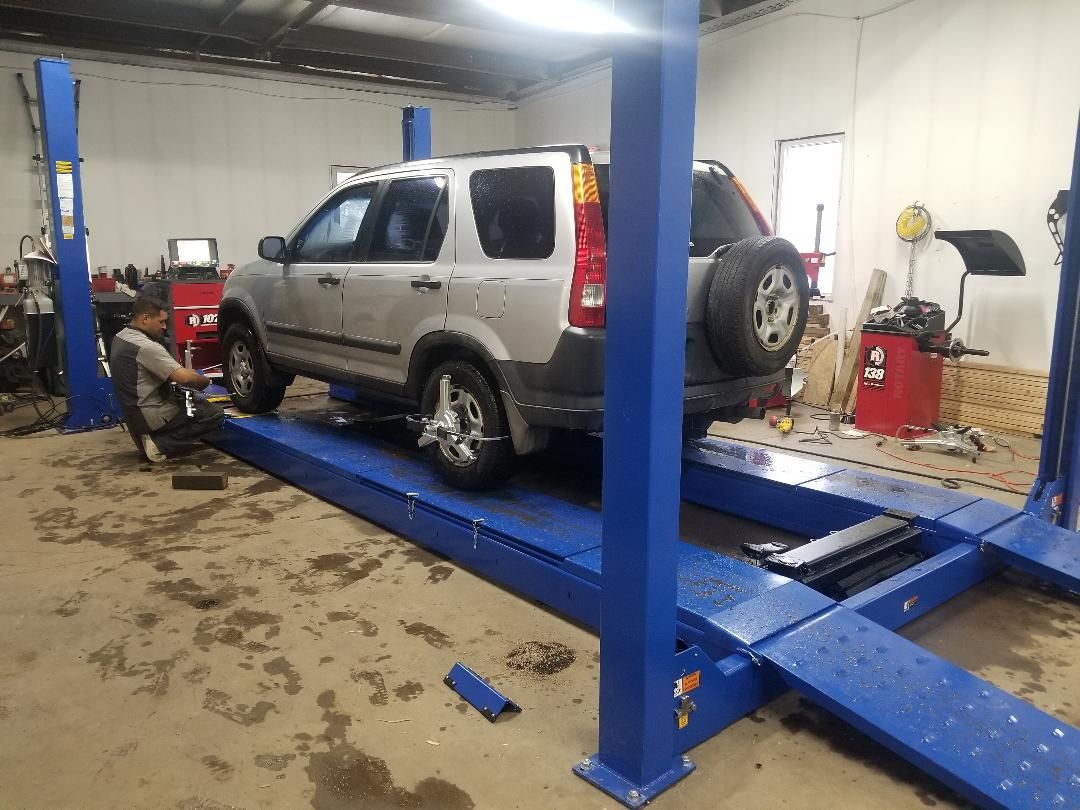What You Need to Know About Racing Wheels (and Why It Matters Off the Track)
When it comes to performance and control, few components impact a vehicle more than its wheels. While they may seem like simple metal circles, racing wheels are highly engineered parts that directly affect speed, traction, durability, and safety. At Attention To Detail PBR in Spooner, WI, we’ve spent years both on and off the track learning what separates average wheels from race-ready ones—and how that knowledge benefits every driver.
Whether you’re building a car for the dirt track or just want a better understanding of how your wheels affect daily driving, this guide breaks down everything you need to know.
What Makes a Racing Wheel Different?
Racing wheels are specifically designed for high performance under extreme conditions. Unlike standard wheels found on commuter cars, racing wheels must handle sudden acceleration, high lateral forces during cornering, and intense impacts from uneven track surfaces.
Key Features of Racing Wheels:
- Lightweight Materials: Most racing wheels are made from forged aluminum or magnesium to reduce rotational mass. The lighter the wheel, the faster the car can accelerate and respond.
- Increased Strength: Race wheels are built to withstand extreme heat and stress without bending, cracking, or deforming.
- Precision Fitment: Racing wheels often use tighter tolerances and custom offsets to dial in vehicle balance and track stance.
At Attention To Detail PBR, we don’t just understand these differences—we apply them. Our experience with Saunders Racing means we’ve tested different wheel setups firsthand in Spooner’s racing scene and beyond.
The Connection Between Racing Wheels and Everyday Driving
You don’t have to be a weekend racer to benefit from what racing teaches us about wheels. In fact, many lessons learned on the track translate directly to road safety and performance.
1. Weight Matters
Reducing unsprung weight (anything not supported by the suspension) can noticeably improve ride quality, fuel efficiency, and handling. That’s why many performance enthusiasts opt for lightweight aftermarket wheels—even on daily drivers.
2. Strength = Safety
Just like on the track, cracked or bent wheels can be a serious hazard. High-quality racing wheels use materials and construction techniques that resist failure far better than low-cost factory replacements.
3. Wheel Sizing and Offset
Getting the right wheel size isn’t just about looks—it affects braking, steering, and even your suspension geometry. Many track drivers spend time dialing in offset and width to maximize grip. At our Spooner shop, we can help regular drivers do the same for winter tires, towing setups, or general stability.
Choosing the Right Racing Wheels: Function Over Flash
Not all wheels marketed as “racing” are created equal. Some prioritize aesthetics over real performance. At Attention To Detail PBR, we recommend customers consider the following before purchasing racing-style wheels:
- Material Quality: Forged aluminum offers strength and lightness, while cast wheels are cheaper but less durable.
- Load Rating: Every wheel should have a load rating that matches your vehicle’s weight and use case.
- Fitment & Compatibility: Wheels must match your car’s bolt pattern, offset, and hub diameter for safety and performance.
- Brake Clearance: Larger performance brakes require wheels that provide enough clearance—something often overlooked.
We’ve helped customers in Spooner choose the right wheel setups for everything from racing to daily driving, and we’re always happy to walk through the trade-offs between style, cost, and function.
How We Apply Racing Knowledge at Attention To Detail PBR
At our Spooner, WI auto shop, racing isn’t just a hobby—it’s part of how we approach every service. Through our work with Saunders Racing, we’ve built cars that compete under real pressure, where one loose lug nut or hairline crack can mean a DNF (did not finish). That same level of attention and precision carries over to every wheel inspection, rotation, and tire service we perform for our customers.
When we inspect or replace wheels, we’re checking:
- Torque specs on lug nuts
- Signs of fatigue like microfractures or corrosion
- Alignment and balance to prevent uneven wear
- Tire compatibility and pressure setup for optimal performance
We bring track-tested techniques to everyday vehicles—ensuring your wheels are more than just round and rolling.
Final Thoughts: Race-Ready Wheels, Real-World Benefits
Racing wheels are engineered to handle the toughest demands—and the knowledge gained from racing can make a real difference for everyday drivers. Whether you’re looking to upgrade for style, safety, or performance, working with a shop that understands the engineering behind your wheels is essential.
At Attention To Detail PBR in Spooner, WI, we combine performance experience with hometown service. Whether you’re at the track, on the trail, or cruising down WI-70, your wheels are where it all begins. Let us help you choose, inspect, or maintain the right wheel setup for your goals—and make sure they’re race-tested, road-ready, and built to last.






